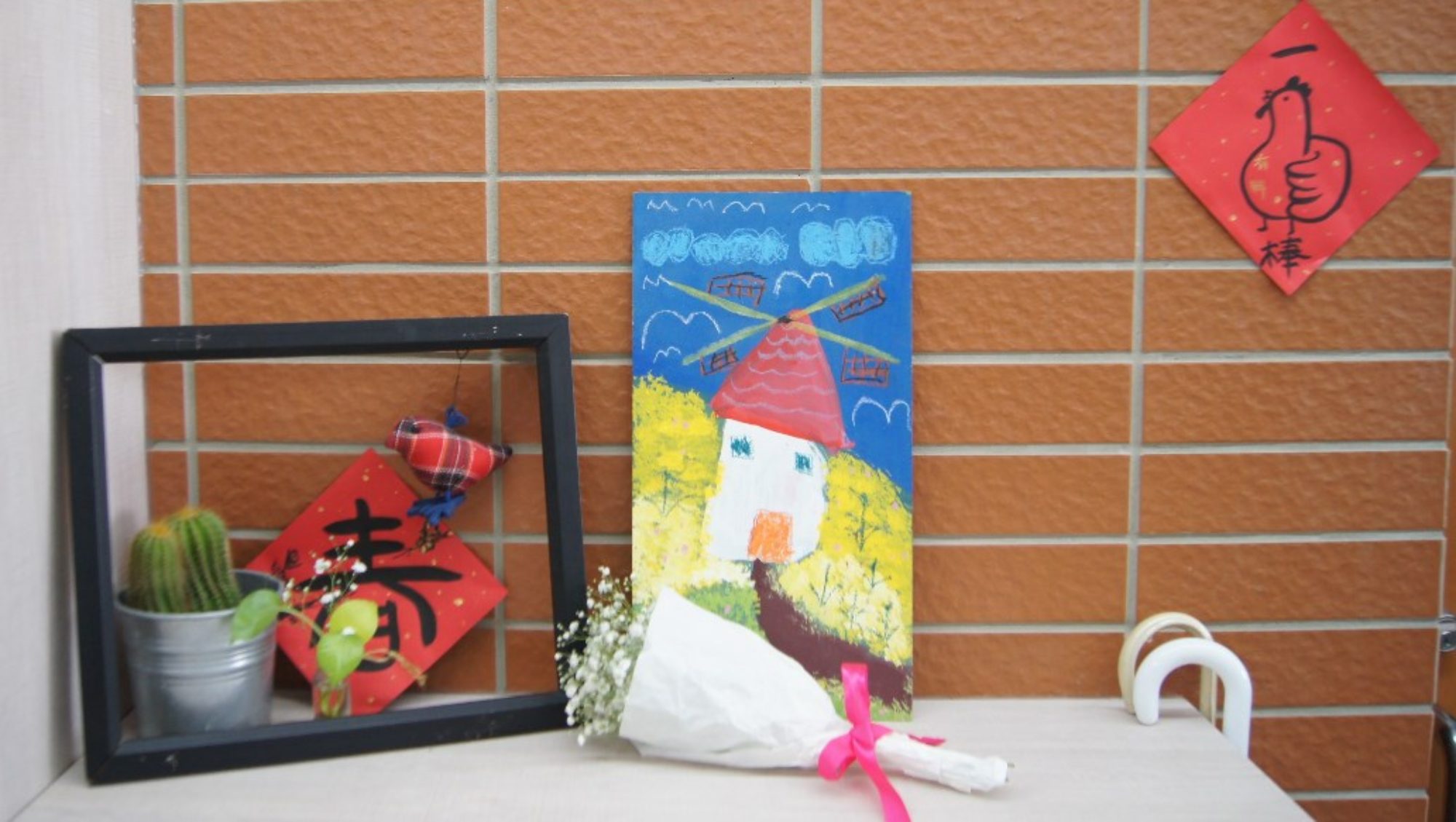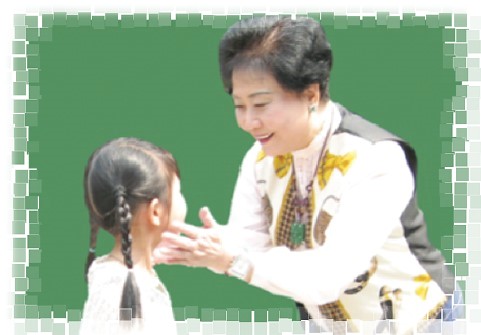The construction of the new Tsu-Hsin Children’s Home allowed us an optimal opportunity to innovate and experiment new children’s care practice.
Largely based on the theory of empowerment from positive psychology, we constructed a child-centered household management system: we identify children’s psychological needs, provide warm and caring company and support, develop resilience-fostering environment, and expect every child to grow to be an independent, autonomous, and competent individuals. Under the umbrella of “Macro-Household,” we developed several “Micro-Household” in which every household has its own “household management plan” so that each micro-household can create its unique culture and atmosphere. Resembling the traditional big family pattern common in Chinese culture, every member in micro-household helps, cooperates, and takes care of each other within and across different households. The ultimate goal is to provide a caring and nurturing community for positive growth.
Meanwhile, we innovated the structure of the administration sector. The administration team evolved to a learning organization. We hold every administrators and staff accountable of staying updated with cutting-edge knowledge and effective practice in their professional field, and simultaneously grow their humanistic vision and compassion. Everyone cooperates to make Tsu-Hsin an organization that keeps up with the trend of the society and academic research, as well as delivers superb care according to the highest and most cutting-edge standard.
Due to the fact that all the children in Tsu-Hsin Children’s Home will one day live in the society, rather than staying in the organization throughout their life, the integration of Tsu-Hsin with its neighborhood and the linkage with community resources are deemed pivotal. Therefore our staff members have visited the principals and directors of student affair of the elementary schools and middle schools in the adjacent school district, introducing our new child home and institutionalized children’s background and discussing possible ways to construct a working alliance between the school and our organization. We also visited mayors, local legislatures, fire stations and police departments, and community health centers in the neighborhood. We also visited our neighbors-to-be so that they understand what our organization is doing, and how to form a positive and collaborative relationships with us.
│ Government-registered symbol:Taichung City Government ,July 9,2008.No: 0960148492 │ │Address:No.303, Dongying Rd., East Dist., Taichung City 40149, Taiwan (R.O.C.) │
│ Tel:04-22133300│ Fax:04-22151177 │
│ Postal transfer ID:22645296│ Account Name:Tsu-Hsin Children’s Home │


